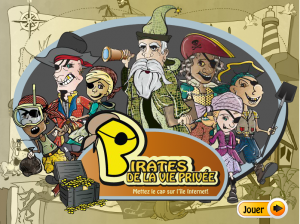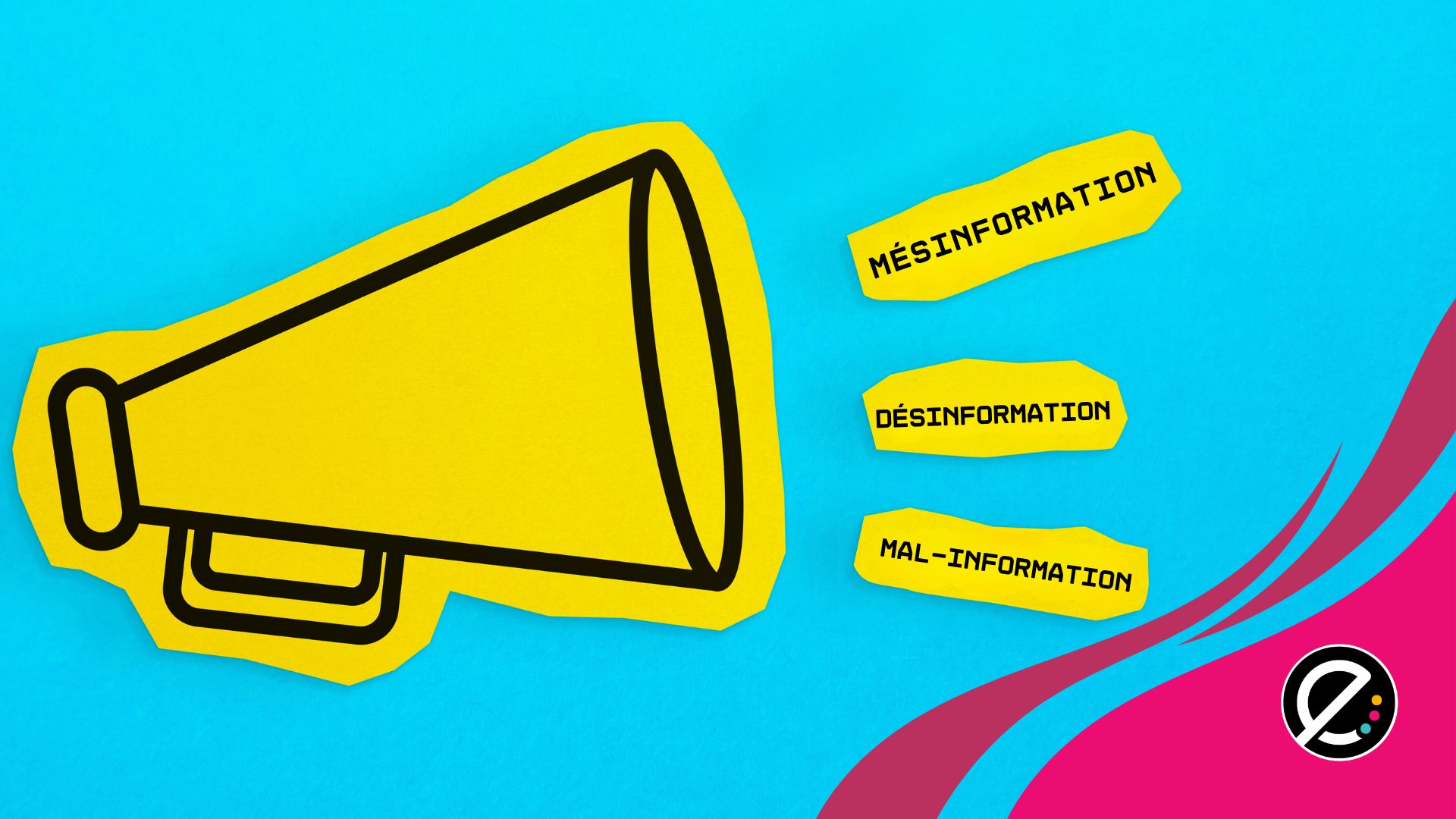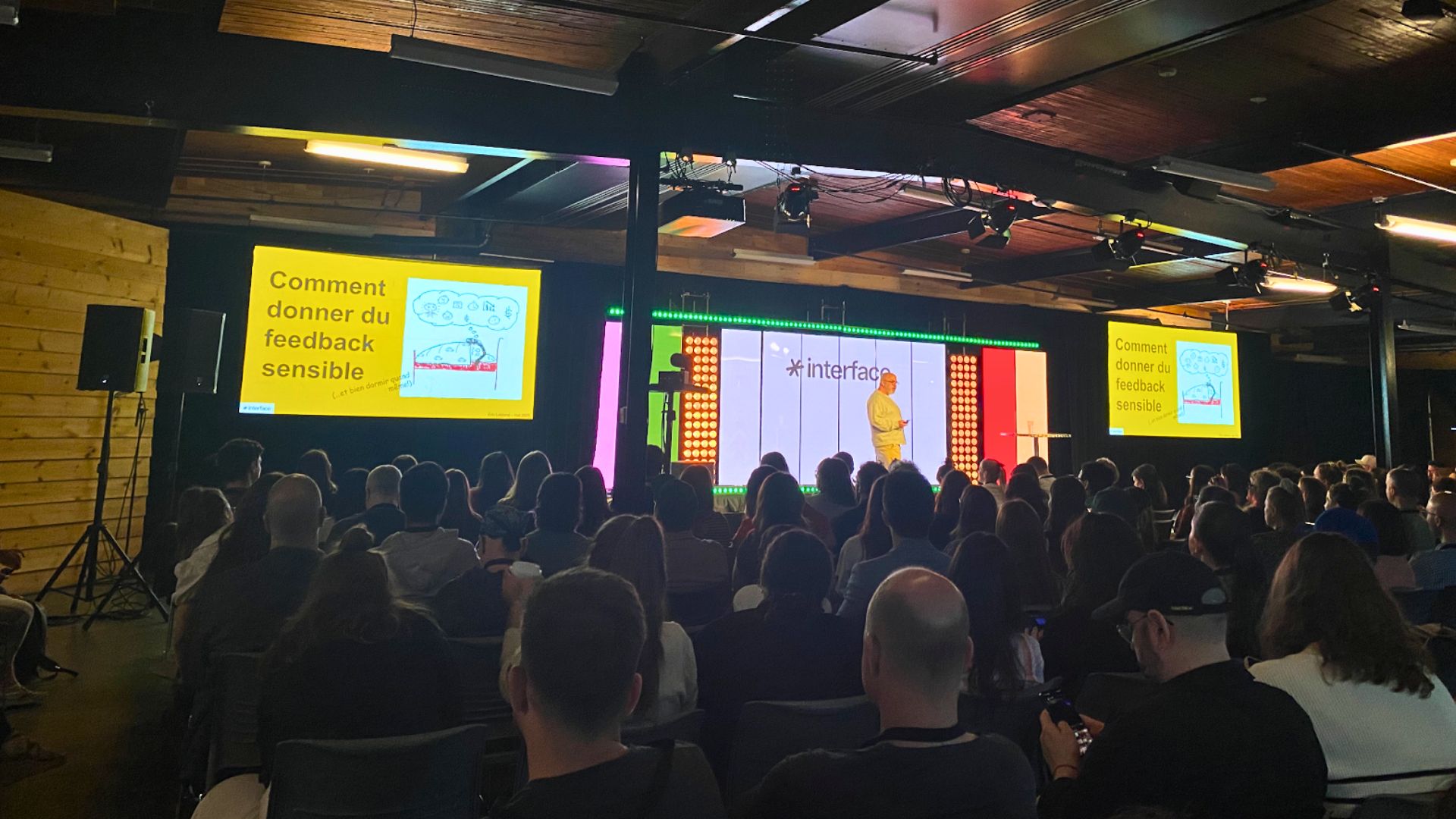 Que ce soit sur les réseaux sociaux, sur des concours en ligne ou sur des sites nécessitant une inscription, les enfants sont amenés à dévoiler de nombreux renseignements personnels qui peuvent ensuite être utilisés par des professionnels du marketing ou pire, par des criminels!
Que ce soit sur les réseaux sociaux, sur des concours en ligne ou sur des sites nécessitant une inscription, les enfants sont amenés à dévoiler de nombreux renseignements personnels qui peuvent ensuite être utilisés par des professionnels du marketing ou pire, par des criminels!
«Fondamentalement, Internet est un univers non réglementé dans lequel on demande constamment aux utilisateurs de fournir des renseignements, quel que soit leur âge; or, les enfants n’ont pas toujours les habiletés nécessaires pour protéger leur vie privée sur les sites qu’ils visitent», indiquait dans un communiqué Matthew Johnson, directeur de l’éducation du Réseau Éducation médias.
L’éducation est un excellent moyen de prévenir la divulgation d’un trop grand nombre de renseignements personnels. Parmi les outils disponibles, le Réseau Éducation médias vient de lancer Pirates de la vie privée, un jeu destiné aux enfants de 7 à 9 ans. Dans ce jeu, différents scénarios les invitent à fournir des informations personnelles. S’ils font le bon choix, ils reçoivent une partie de la carte aux trésors. Le but est de les amener à explorer différentes situations dans lesquelles ils peuvent se trouver et les aider à comprendre ce qu’il est correct de révéler ou non. Durant le jeu, les enfants ont accès à un «mentor» qui offre des conseils sur demande. «Cette approche contribue à développer chez eux l’importante habileté qui consiste à demander l’aide d’un adulte en qui ils ont confiance lorsqu’ils ne sont pas certains du bon choix à faire», précise-t-on sur le site.
Réseau éducation médias offre également, Jouer sans se faire jouer, la première aventure des trois petits cochons dans le cyberespace. Destiné aux jeunes de 8 à 10 ans, il aborde le marketing en ligne, la protection de la vie privée et les rencontres avec des étrangers. On peut aussi retrouver d’autres jeux ici.
Le Réseau Éducation médias offre aussi de l’information sur la protection de la vie privée des jeunes destinée aux adultes. Le site WebAverti offre également de nombreuses informations pertinentes.
À lire aussi :
Médias sociaux : guide et formation pour les élèves et leurs parents













